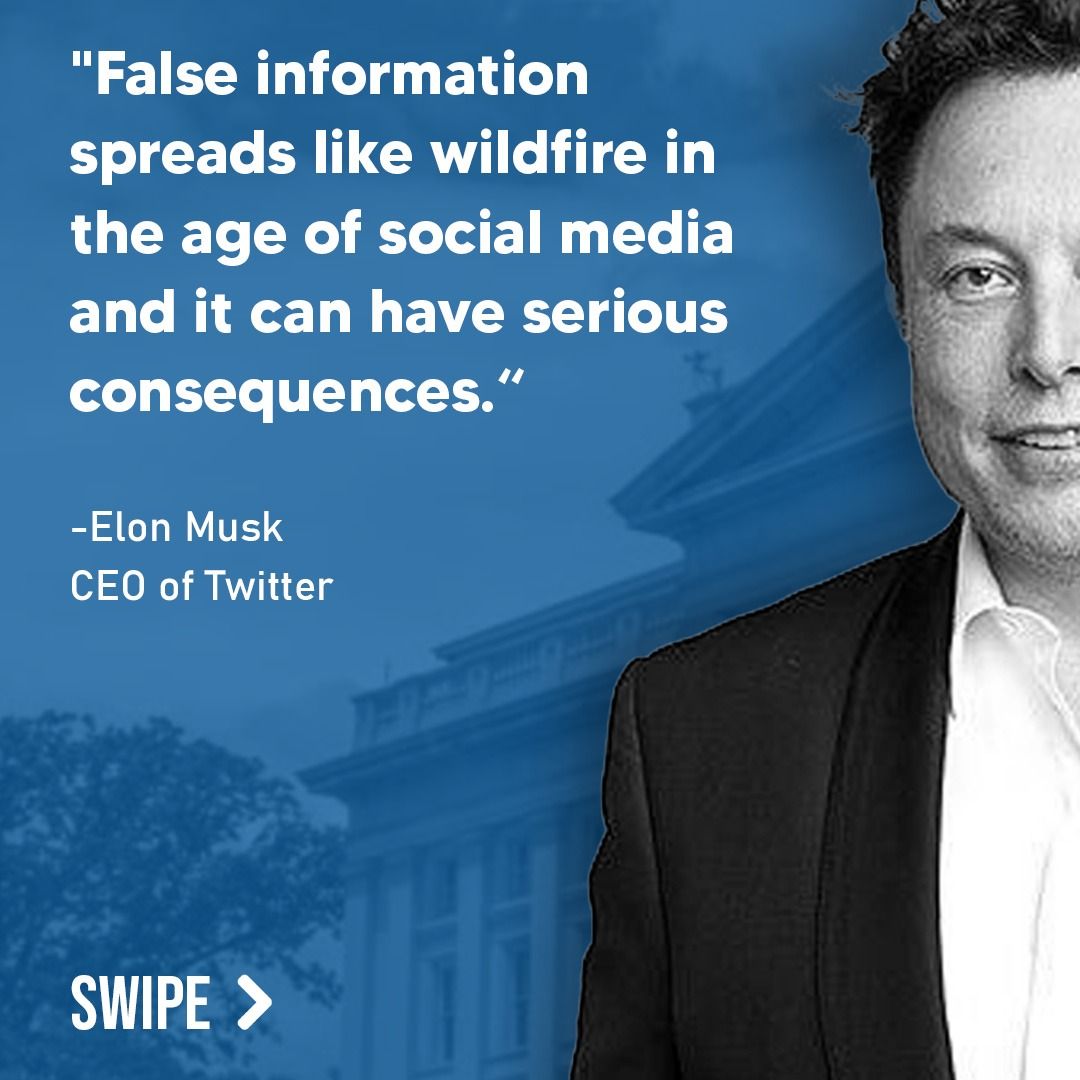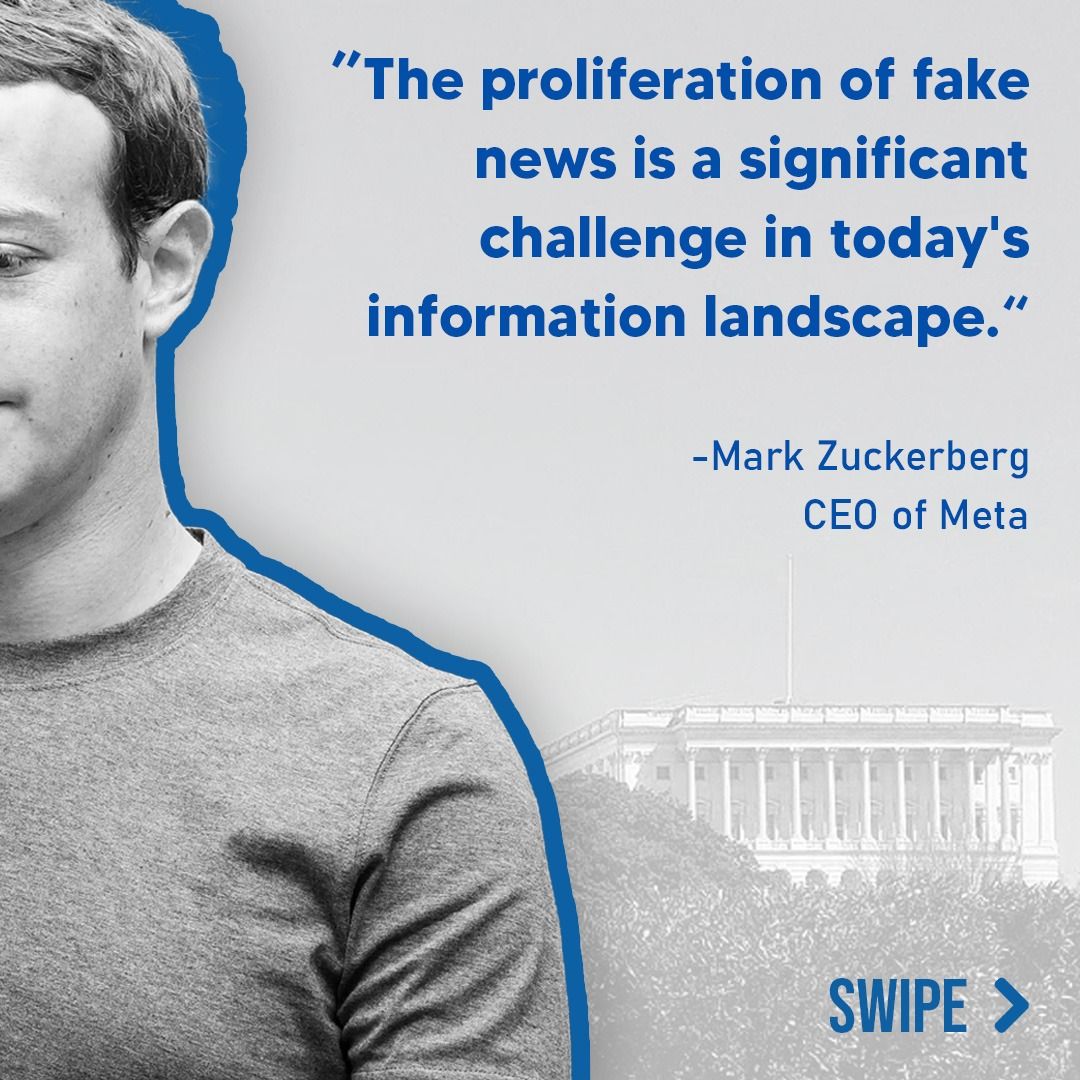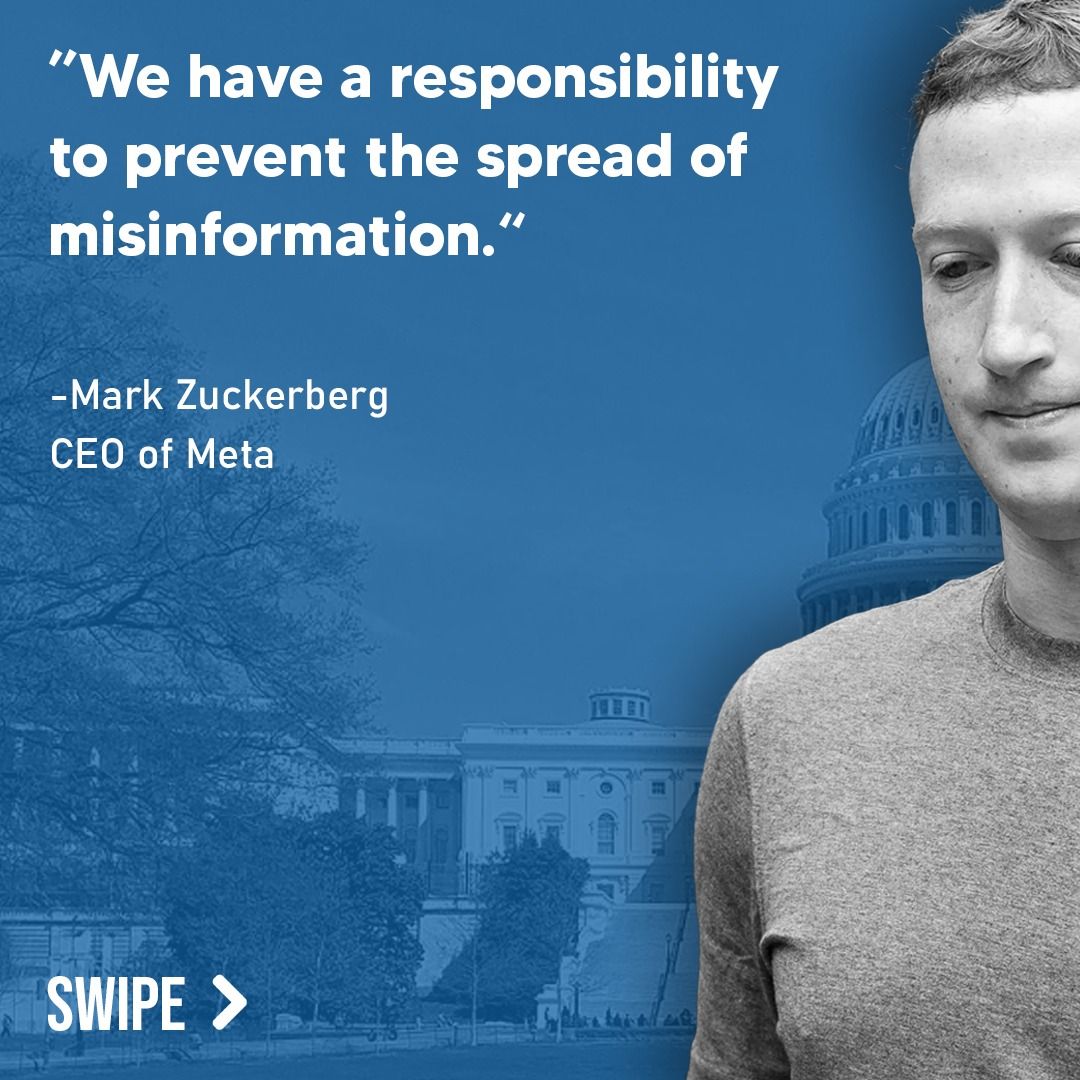
Introduction
A recent CNBC article highlighting Anthropic’s release of its new Claude 4 AI models claims unprecedented performance, massive financial success, and growing investor confidence. Several expansive assertions—including “best coding model in the world”—prompted readers to question whether this media coverage reflects true innovation or an echo of the tech industry’s AI hype cycle. This fact-check aims to break down the buzz and validate key claims shaping perceptions around Anthropic and the broader AI market.

Historical Context
Anthropic was founded in 2021 by former OpenAI executives committed to advancing “constitutional AI,” a framework meant to align AI behavior with ethical guidelines. Since OpenAI’s ChatGPT blew open the market in late 2022, competitors like Anthropic, Google DeepMind, and Meta have raced to capture both market share and mindshare. In March 2023, Anthropic released Claude 1, and it has since iterated rapidly. Big Tech has poured billions into such ventures—increasingly viewed as infrastructure plays for future industry dominance. Against this backdrop, the article positions Claude 4 as a transformative leap.

Claim #1: “Claude Opus 4 is the best coding model in the world.”
This statement is quoted directly from Anthropic’s own representatives but lacks independent benchmarking. While early third-party evaluations suggest Claude Opus 4 is competitive with models like GPT-4 Turbo and Gemini 1.5 Pro, there is no objective consensus that it is the definitive best for coding tasks. Evaluations from platform-neutral benchmarks like HELM or HumanEval place Claude Opus 4 among the top-tier coding AIs but do not rank it as number one across all tasks.
Verdict: Exaggerated. Anthropic’s claim is promotional and not yet backed by widely accepted comparative data.
Source: Stanford HELM Benchmark

Claim #2: “Anthropic’s annualized revenue reached $2 billion in Q1 2025, doubling from the prior period.”
This financial claim appears accurate, based on CNBC’s own reporting and confirmation from Anthropic’s leadership. The company reportedly moved from a $1 billion annualized revenue rate in late 2024 to $2 billion in early 2025. While these numbers are significant, “annualized revenue” does not mean a literal $2 billion accrued in the quarter—it extrapolates short-term performance to a yearly outlook, a common practice in startup financial reporting.
Verdict: Accurate with context. The doubling is based on annualized projections, not full-year realized earnings.

Claim #3: “The Claude models can autonomously work for seven hours—a full corporate workday.”
The article asserts that Claude Opus 4 can function as an “autonomous agent” for seven hours. While some demos and internal use-cases may support this, no independent audits or extended studies on long-term task success rates or real-world deployment confirm this behavior at scale. Running agentic AI for hours is still prone to cascading errors, API interruptions, or context misalignment. The statement is speculative without clear boundaries around what “work” entails: Is the AI reliably productive, or just continuously running?
Verdict: Unverified and overly broad. There’s insufficient independent evidence to confirm sustained reliability over a full workday in real-use environments.

Claim #4: “Anthropic’s models define a ‘new standard’ in AI agents.”
This quote is directly attributed to Anthropic’s press release and not third-party entities. While advancements in Claude Opus 4 and Sonnet 4 suggest elevated capabilities in tool use, reasoning, and task handling, the phrase “new standard” is promotional. Leading AI labs routinely use similar language with each update. Without a neutral governing body setting such standards in AI, claims like this remain aspirational branding rather than measurable reality.
Verdict: Marketing language. There’s no industry-wide agreement supporting this characterization.

Conclusion
While the CNBC article accurately reflects Anthropic’s growing presence in the AI industry and confirms significant financial milestones, several technological claims rest heavily on the company’s internal evaluations and optimistic framing. Assertions about Claude Opus 4 being the “best in the world” or setting a “new standard” lack confirmation from independent, peer-reviewed sources. Nevertheless, the company’s revenue trajectory and investor confidence—evidenced by the recent $2.5 billion credit facility—highlight the sector’s continued momentum. For cautious readers and technology enthusiasts alike, it is clear that while Claude 4 may be impressive, much of the surrounding narrative relies on self-reported performance yet to be validated at scale.

Make Your Voice Heard
Want clarity on another article? You can now submit your own fact-check requests for free.
Download the DBUNK app today to join the fight against misinformation and empower your mind with the truth.

